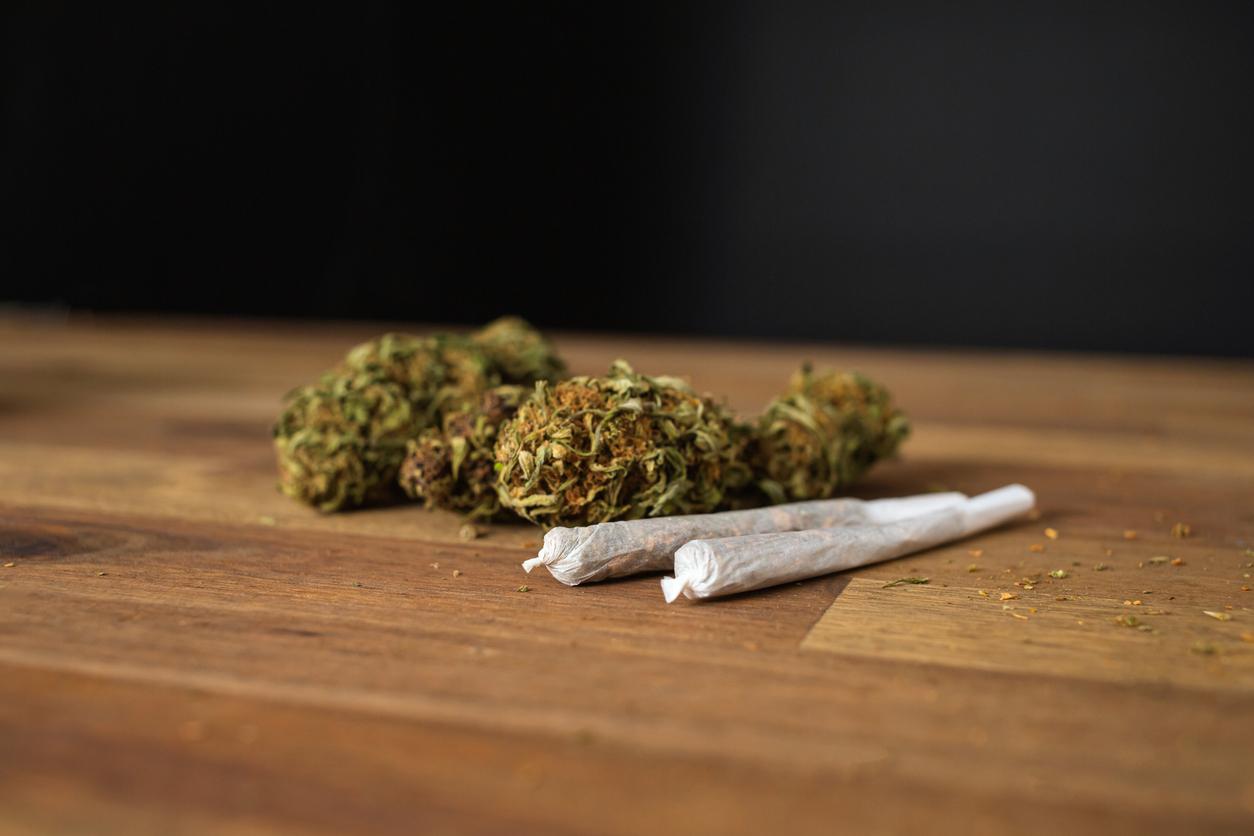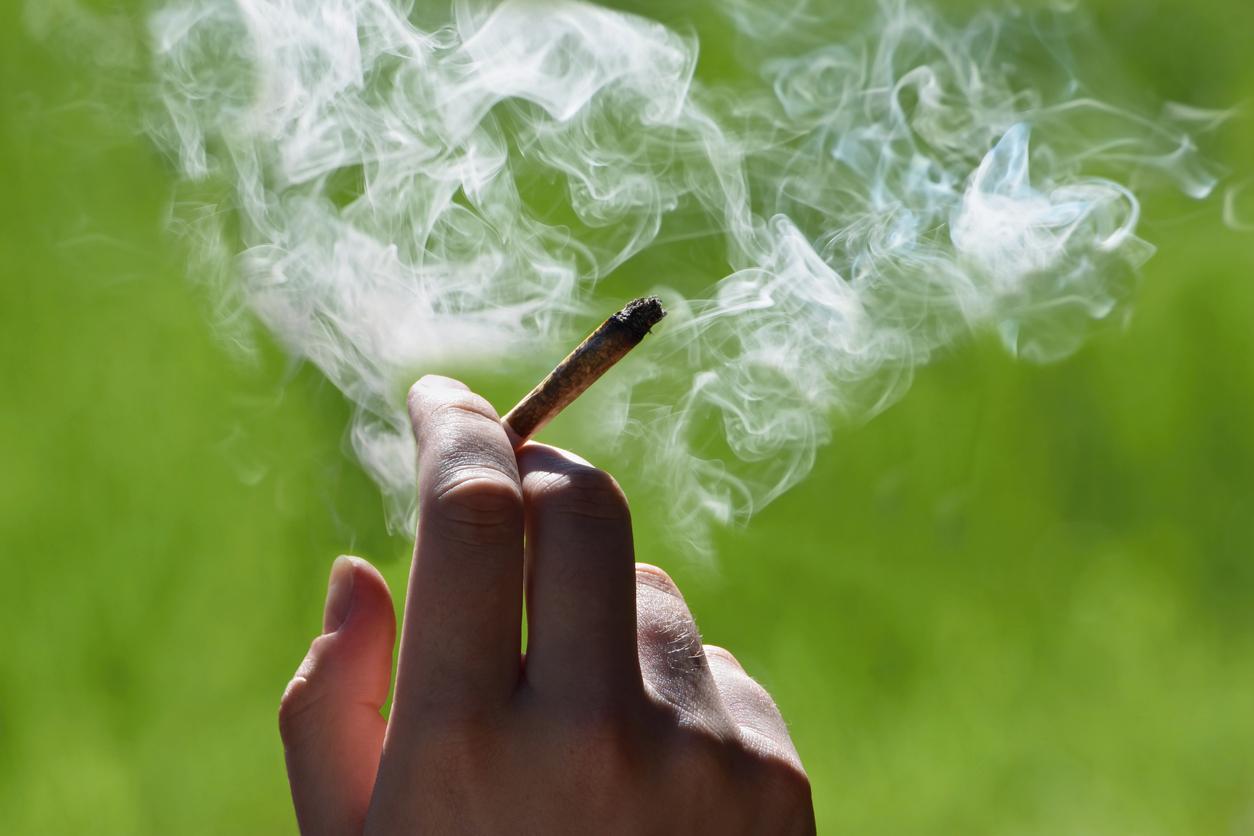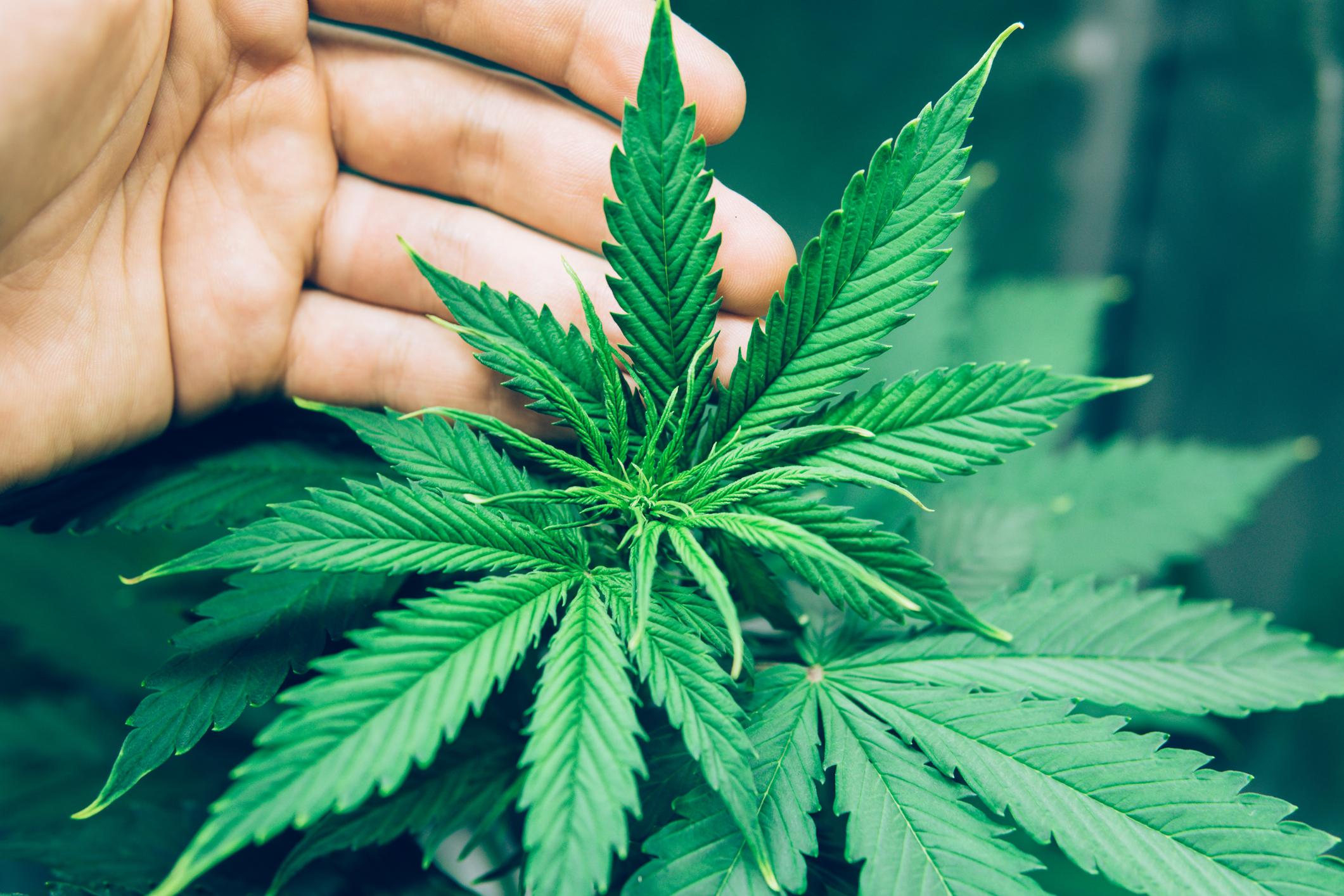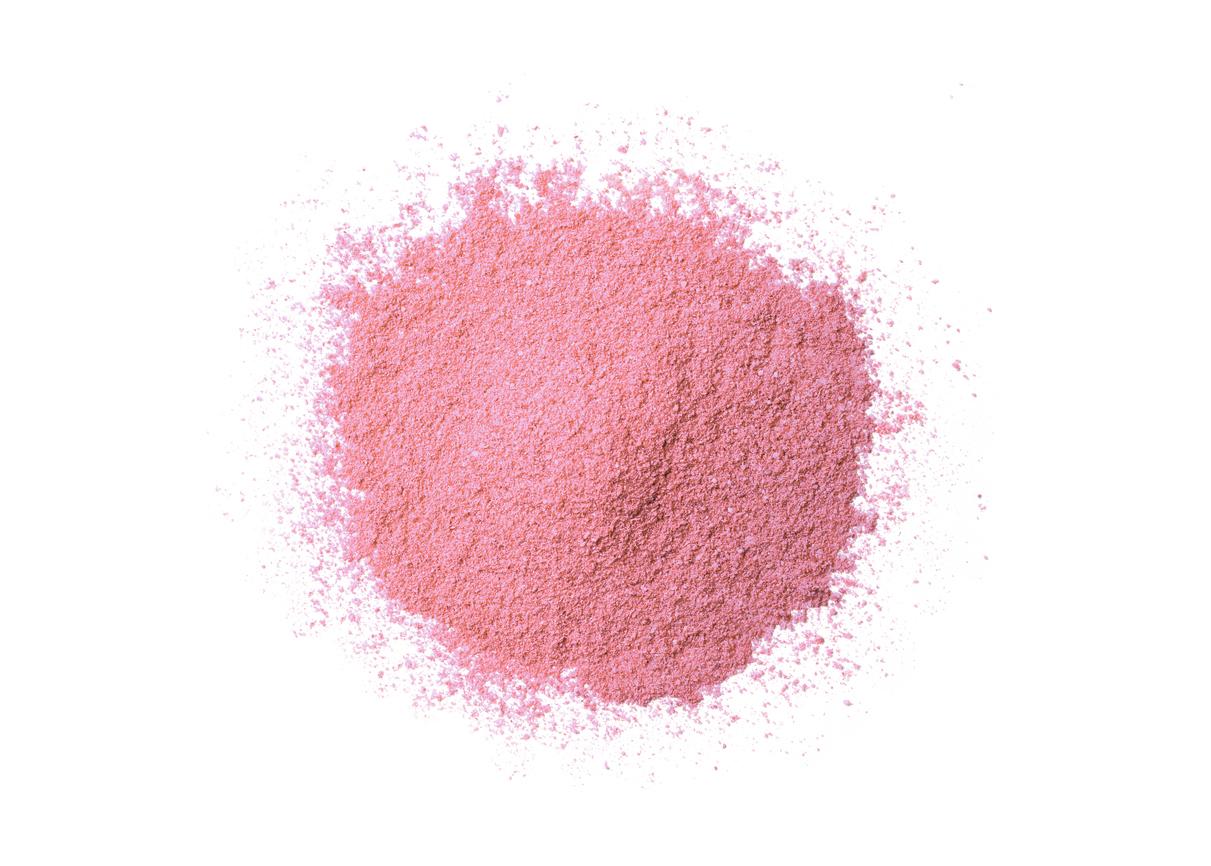For almost half a century, the cannabis consumed around the world has become much stronger with a THC concentration that has exploded for 50 years. This increases the health risks for users of this drug.
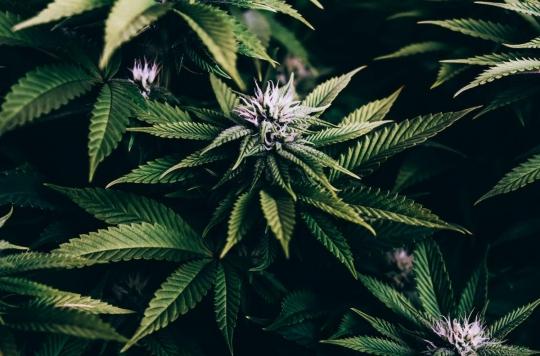
- THC concentrations increased by 14% between 1970 and 2017.
- THC increases are particularly high for cannabis resin, with cannabis resin increasing by 24% between 1975 and 2017.
- As the strength of cannabis has increased, so has the number of people seeking treatment for cannabis use problems.
The cannabis currently circulating around the world is much stronger than that of previous generations. A study conducted from 80,000 samples collected in the United States, the United Kingdom, the Netherlands, France, Denmark, Italy and New Zealand reveals that the level of THC (tetrahydrocannabinol, the active substance marijuana, Editor’s note) has skyrocketed. The results of the study conducted by a team of researchers from the Addiction and Mental Health Group of the University of Bath (United Kingdom) were presented on November 7 in the journal Addiction.
THC concentration increased by 14% in almost 50 years
The researchers studied how THC concentrations changed between 1970 and 2017. They found that they rose by 14% during this period, mainly due to the discovery of new varieties stronger than cannabis. traditional plants that contain more seeds and less THC. Researchers have found that increases in THC are particularly high for cannabis resin, with cannabis resin increasing by 24% between 1975 and 2017.”Cannabis resin – or ‘hash’ – is often considered a safer type of cannabis, but our results show it is now stronger than herbal cannabis.adds Sam Craft, co-author of the study. Traditionally, cannabis resin contained much lower amounts of THC with equal amounts of CBD, but CBD concentrations have remained stable as THC has increased dramatically, meaning it is now much more harmful than it is. many years ago.”
This increase in the concentration of THC is not without consequences for health. The team previously found consistent evidence that frequent use of cannabis with higher levels of THC carries an increased risk of problems such as addiction and psychotic disorders. “As the strength of cannabis has increased, so has the number of people seeking treatment for cannabis use problems.”, observed Dr Tom Freeman, director of the Addiction and Mental Health Group at the University of Bath and lead author of the study.
Researchers argue for prevention strategy similar to alcohol
Researchers are not only interested in THC but also in CBD, cannabidiol, another cannabinoid that does not have a psychoactive effect. This molecule is generally used for its medical virtues. American researchers recently suggested that CBD would reduce lung damage in patients with Covid-19. Unlike THC, researchers found no evidence of changes for CBD in cannabis over time.
Cannabis remains the most widely used illicit drug in the world despite its legalization in Uruguay, Canada and some US states. Researchers argue that the increased strength of cannabis highlights the need to implement broader harm reduction strategies similar to those used for alcohol. “As the strength of cannabis has increased, consumers face limited information to help them monitor their use and guide decisions about relative benefits and risks.says Tom Freeman. Introducing a standard unit system for cannabis – similar to alcohol – could help people limit their intake and use it more safely.”

.










